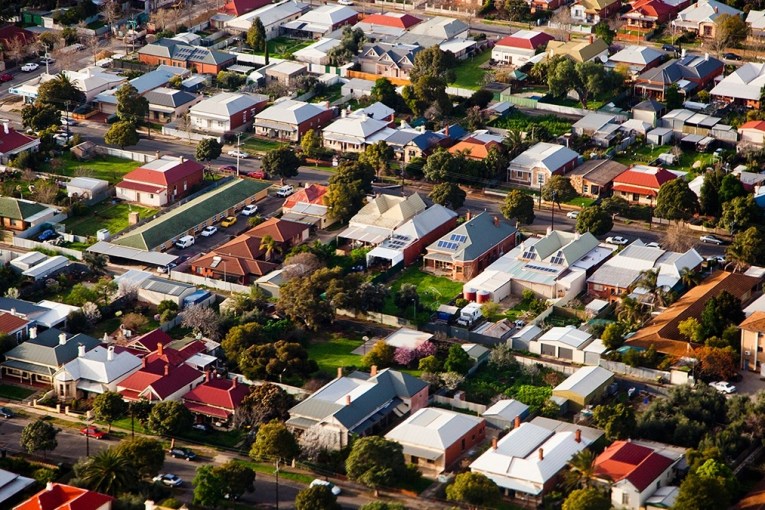Four property investment myths exposed


Shutterstock
Like any field where there is the potential to make vast sums of money, the property market is steeped in half-truths and misconceptions.
A few of these are generalisations or rules that no longer apply in today’s complex home buyer and investor landscape, while others have never been entirely true but are still seen as the founding principles of home ownership.
• ‘Your grandkids will rent in the clouds’: futurist
• How to improve the value of your home for $1000
• Should you park your money in … car parking?
The New Daily looks at some of the common misconceptions surrounding property.
Myth 1: Renovations add value to your home
You have to spend money to make money, right? Well, this is true only some of the time. If you are in a market where other homes are selling with luxurious bathrooms and kitchens, it may very well pay off to give yours an update to keep up with the competition.
But you need to be careful not to over-capitalise, says Philip Webb, of Philip Webb Real Estate.
“Renovation is a little bit of a science in that it has to be balanced against the value of the land and the location,” he says.
“If you are spending $20,000 on a kitchen then you really want to make sure that you are going to get at least that back in the sale of the home and more, especially when you consider the disruption to your lives that will come from those renovations.”
Mr Webb recommends buyers talk to a few local real estate agents about the specifics of their area, and whether bathroom and kitchen renovations affect local prices.
Myth 2: It’s easy to make money in property investment
While there is no doubt the property market has made a lot of speculators very rich indeed, it is still possible to lose tens of thousands – sometimes hundreds of thousands – of dollars in poor property decisions.
Mr Webb, who has been in the game for 44 years, says there is money to be made as long as people understand what makes a solid investment.
“People forget how expensive it is to sell and buy property with high stamp duty costs these days, and if you want to turn over property every few years you may find it difficult to make money,” Mr Webb says.
“Real estate is a great way to get rich – slowly.”
Board member of the Property Investment Association of Australia and seasoned investor, Rosemary Johnston, says many property spruikers love to recite the edict that property doubles in value every 10 years, but this is not a hard and fast rule.
“This is just modelling,” Ms Johnston says.
“If you have negatively geared a property that has only gone up one per cent, then that property is costing you money.”
 Myth 3: Focus on location, location, location
Myth 3: Focus on location, location, location
Location is undoubtedly important when purchasing property, but there other equally important, but often overlooked, factors.
Ms Johnston believes government policies, council infrastructure plans, population growth and availability of finance in the market should be given greater consideration by buyers.
Furthermore, buyers should focus not on getting into a certain street, but finding a property that is below the median price for that area.
“If you buy a good-value property for say $320,000 and you do it up and people are looking at houses around the $400,000 mark, which is the median for that area, then you have a bit of room to move and you will probably do quite well,” Ms Johnston says.
“You don’t have to get the home dirt cheap, but you are looking for value.”
Myth 4: Blue-chip suburbs are the best investment
Many property pundits advocate buying in blue-chip areas, but the reality is it’s sometimes easier to make money in cheaper suburbs.
Ms Johnston likes to invest in what she calls grey-collar areas – the suburbs dominated by blue-collar workers who have been promoted to supervisors – as they generally make great tenants.
“They are civic-minded and often they look after their homes,” she says.
Ms Johnston points out that the rental yields on expensive blue-chip homes are often much lower than other suburbs, so are not necessarily superior investments.
“As an investor, I have had the most success in less well-to-do areas,” she says.
Johanna Leggatt is a Melbourne-based freelance journalist. You can follow her on Twitter at @johannaleggatt








